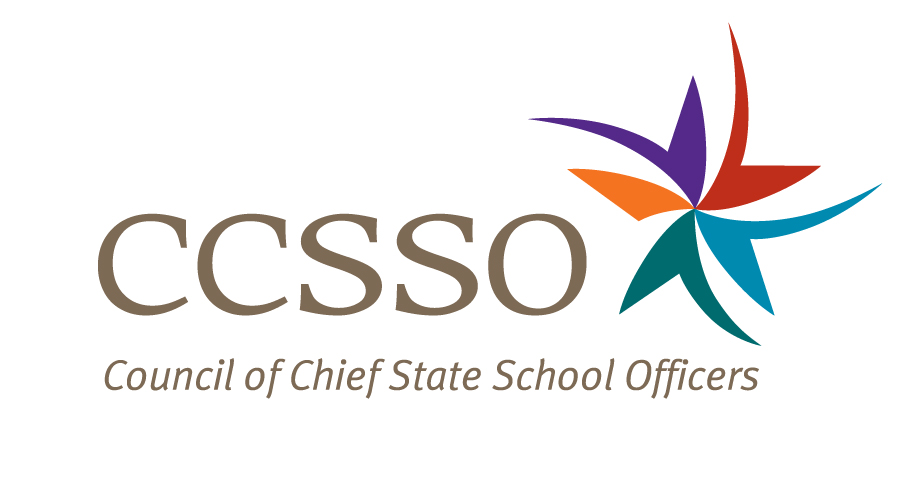
Washington, D.C. (March 27, 2019) ––States are making progress developing systems that will improve schools for all students, leveraging the flexibility provided under the Every Student Succeeds Act (ESSA), according to a report released today by the Council of Chief State School Officers (CCSSO).
State Responsibilities and Opportunities for School Improvement Under the Every Child Succeeds Act comes as states are urgently building and initiating systems aimed at ensuring all students improve academically, including students identified as low-performing under ESSA.
Of the 41 states that responded to a survey that helped to inform the report, two-thirds stated they had made major or moderate progress on ESSA-driven responsibilities related to school improvement. States most often reported progress in supporting local needs assessment and data use. Many states also reported progress in developing systems of assistance for local school districts, providing guidance for districts use of funds and strengthening school leadership as a strategy for school improvement.
“State leaders are digging in with their stakeholders and partners and leading changes that are increasing educational equity for all students,” said CCSSO Executive Director Carissa Moffat Miller. “This report shines a light on the intentional and concrete action states are undertaking on behalf of all students, and is a valuable resource for state leaders and stakeholders as they partner to transform struggling schools and improve educational opportunities for all students. Work remains, but states are committed.”
The report – drawing on state school improvement plans and resources and a survey administered to all state education agencies, among other things -- is organized around seven areas state education agencies are responsible for related to ESSA school improvement.
For example, one section looks at how states are supporting local education agencies’ use of funds for school improvement while another section examines how states are developing processes to monitor school improvement. Each section gives an overview of state responsibility in that area, an update on overall state progress to date, as reported through the survey, and provides examples of state school improvement work in the area. The report also provides extensive resources states can use as they continue implementation and refinement of improvement plans.
Looking forward, states reported specific areas will remain priorities as they continue to develop and refine tools, processes and structures around their improvement plans. They include:
- Continuing to support district and school capacity to collect, analyze and use data. States reported progress in this area, but a majority (85 percent) identified local needs assessment and data use as a major priority for their upcoming work.
- Ramping up efforts to strengthen school leadership as a school improvement strategy. States are thinking strategically about how to leverage improvement through school leaders and are interested in other states’ work in this area, specifically around developing professional learning and networks explicitly for leaders in these schools.
- Addressing limitations in capacity to assist districts with low-performing schools and expanding capacity through partnerships or contractors as well as developing internal staff to deliver technical assistance.
- Braiding fund streams and targeting funds toward root causes. States are looking at how to deliver the needed technical expertise and help districts and schools identify evidence-based interventions that most warrant funding.
The full report, which was supported by funding from the Wallace Foundation, can be accessed here.
###
The Council of Chief State School Officers (CCSSO) is a nonpartisan, nationwide, nonprofit organization of public officials who head departments of elementary and secondary education in the states, the District of Columbia, the Department of Defense Education Activity, Bureau of Indian Education, and five U.S. extra-state jurisdictions. CCSSO provides leadership, advocacy, and technical assistance on major educational issues. The Council seeks member consensus on major educational issues and expresses their views to civic and professional organizations, federal agencies, Congress, and the public.
You May Also Be Interested In ...